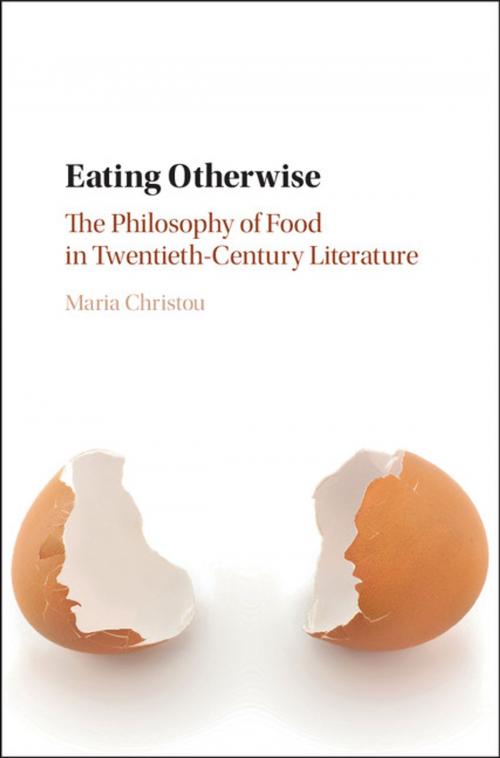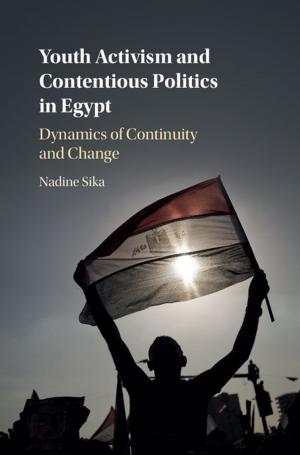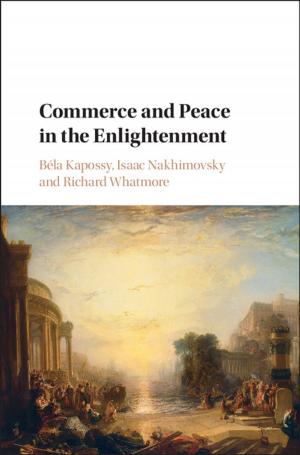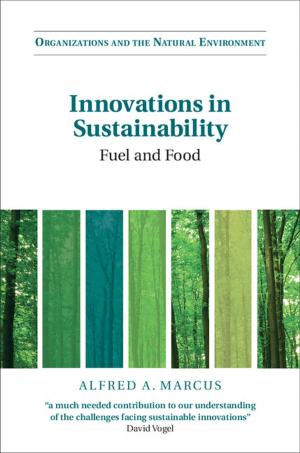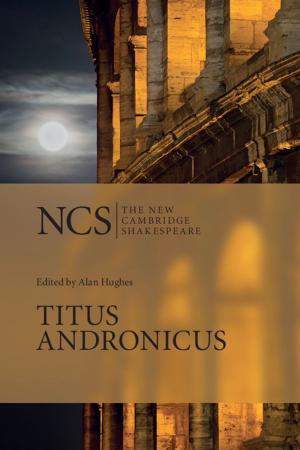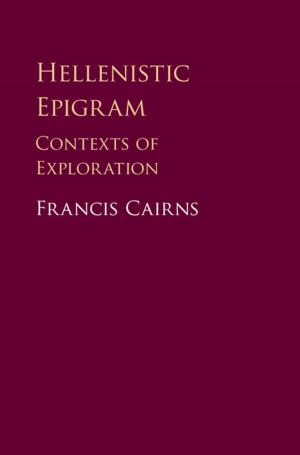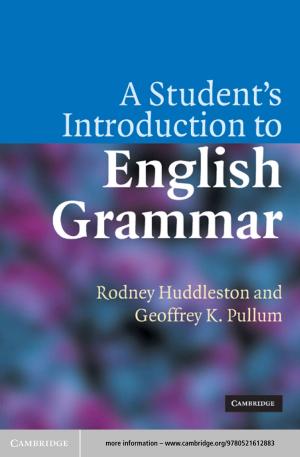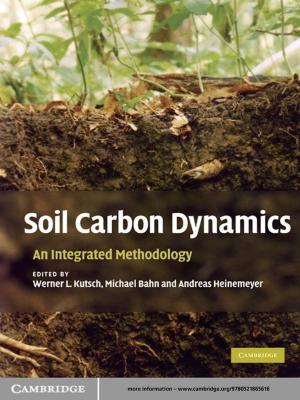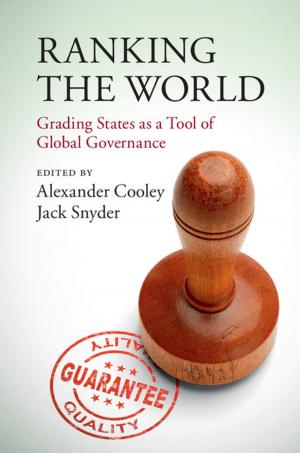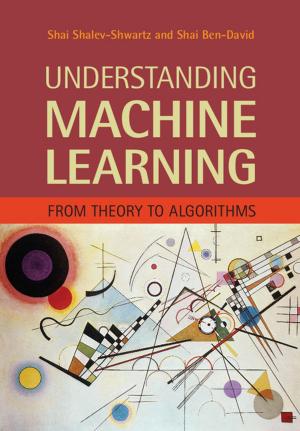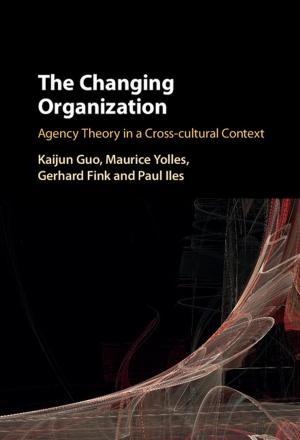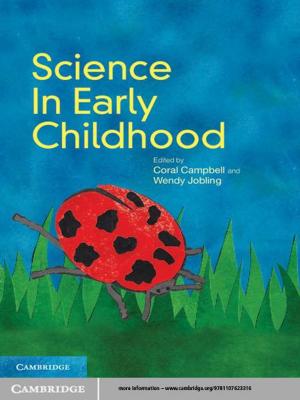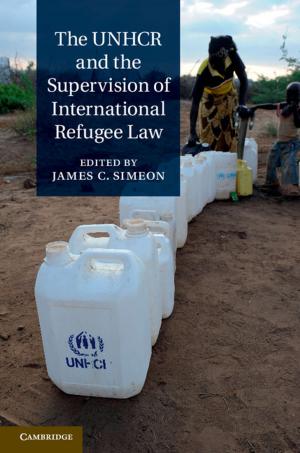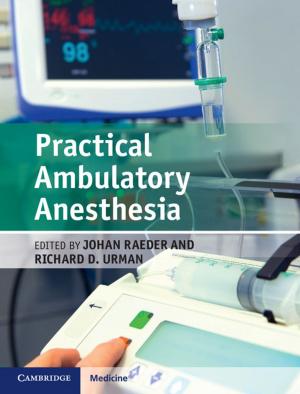Eating Otherwise
The Philosophy of Food in Twentieth-Century Literature
Fiction & Literature, Literary Theory & Criticism, Theory| Author: | Maria Christou | ISBN: | 9781108266109 |
| Publisher: | Cambridge University Press | Publication: | September 28, 2017 |
| Imprint: | Cambridge University Press | Language: | English |
| Author: | Maria Christou |
| ISBN: | 9781108266109 |
| Publisher: | Cambridge University Press |
| Publication: | September 28, 2017 |
| Imprint: | Cambridge University Press |
| Language: | English |
This book explores the philosophical implications of the popular adage that 'you are what you eat' through twentieth-century literature. It investigates the connections between the alimentary and the ontological: between what or how one eats and what one is. Maria Christou's focus is on two influential modernist figures, Georges Bataille and Samuel Beckett; and two influential postmodernist figures, Paul Auster and Margaret Atwood. She aims to theorize the relationship between modernism and postmodernism from a specifically alimentary perspective. By examining the work of these major twentieth-century authors, this book focuses on strange or unusual acts of eating - 'eating' otherwise - as a means to ways of 'being' otherwise. What can eating tell us about being, about who we are and about our being in the world? This powerful, innovative study takes literary food studies in a new direction.
This book explores the philosophical implications of the popular adage that 'you are what you eat' through twentieth-century literature. It investigates the connections between the alimentary and the ontological: between what or how one eats and what one is. Maria Christou's focus is on two influential modernist figures, Georges Bataille and Samuel Beckett; and two influential postmodernist figures, Paul Auster and Margaret Atwood. She aims to theorize the relationship between modernism and postmodernism from a specifically alimentary perspective. By examining the work of these major twentieth-century authors, this book focuses on strange or unusual acts of eating - 'eating' otherwise - as a means to ways of 'being' otherwise. What can eating tell us about being, about who we are and about our being in the world? This powerful, innovative study takes literary food studies in a new direction.
